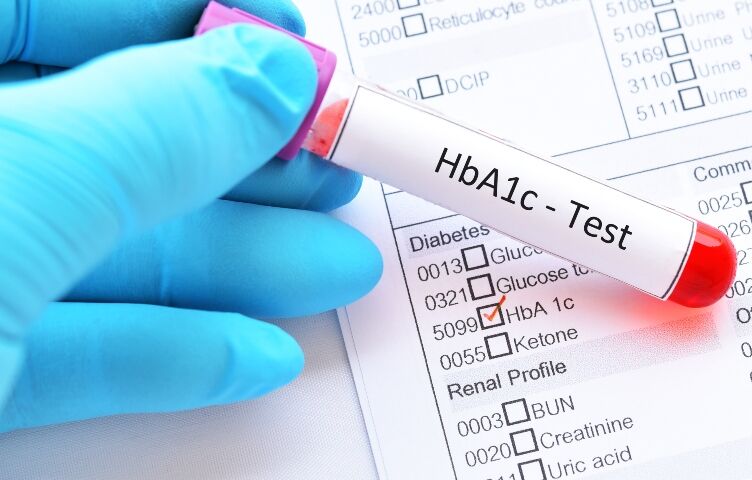As a New Year begins, what is your focus as you continue to work with and support your patients with diabetes? Do you, like me get frustrated with all the restrictions that are placed on which drug treatments and combinations we can prescribe due to their cost?
Just a few weeks ago I attended a half-day update in diabetes, and one of the points that resonated with me was that as healthcare professionals we need to have more joined up thinking. Instead of opting for less expensive drugs, dare I say ‘cheaper’ drugs, should we not be looking at options that will work better for our patients. How many times do we need to be told that the most expensive drug is the one that’s not taken?
What is the situation with your local prescribing advice, are you warned against not using fixed dose combination drugs due to cost, when the reality is that if you offer the two drugs as separate drugs, they will probably not be taken as prescribed. However, if they had the ‘fixed dose combination’ option, they might be taking two tablets instead of a possible six and therefore be much more likely to comply.
Take for example the drug eucreas (vildagliptin plus metformin), that would be two tablets per day containing 50mg vildagliptin and 1g metformin. If they took each medication individually, they could be taking 2x500mg meformin tablets in the morning and 2x500mg metformin tablets in the evening plus 2x50mg vildagliptin tablets. Why are we not trying to do more to help our patients in this? Apparently between 30 and 50% of all patients with long-term conditions such as diabetes are not taking their medications as prescribed. Are we any better when we are prescribed antibiotics, or any other medications; do we follow all the advice we are given and know to be beneficial?
When we see our patients, do we have the time and then take the opportunity to revisit the basics of managing their diabetes, do we check out their understanding of “healthy diet”, do we help them to find small ways to improve in this? How do we tackle the physical activity issue? It may be too easy to reach for a new medication, particularly if we are short of time.
Recently I was faced with a morbidly obese man in his fifties, on maximum oral therapy for his diabetes; he came to me, because apart from insulin therapy, the practice nurse didn’t know how else to help. Initially I raised the possibility of bariatric surgery if nothing changed, but suggested that if he felt motivated to try and lose some weight perhaps that would show some benefits to his cardiovascular health, his diabetes and blood pressure etc. We agreed he would try orlistat having carefully explained the possible unpleasant side effects.
He never took the orlistat, but has lost 10kgs in three months (20kg over the past 12 months) and his Hba1c has dropped from 86mmol/mol to 51mmol/mol (10%- 6.8%). During this three month period, I saw him monthly to weigh him and help maintain his motivation. He says he has more energy, and now feels he could start some regular physical activity. If he maintains this, he may be able to reduce his diabetes medication; also, by improving control, risk of complications is reduced and reliance on medications.
Exploring the options thoroughly with a patient can bring incredible results, for them and for us, so be open to what’s possible as you start this new year.








